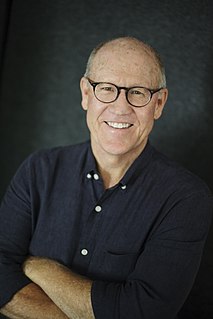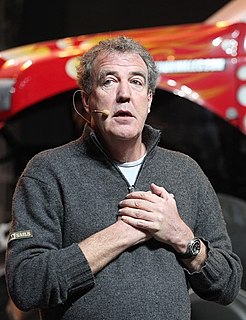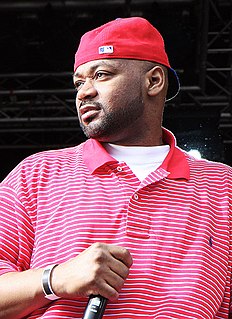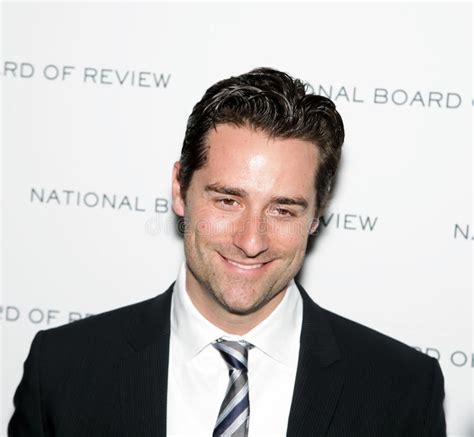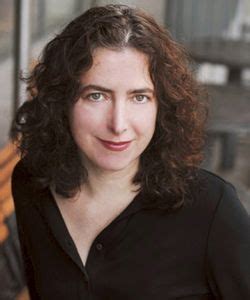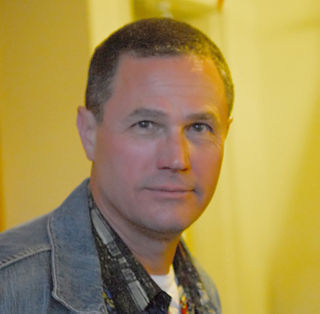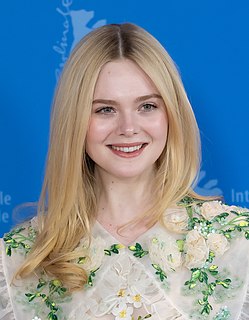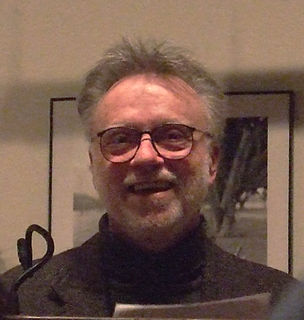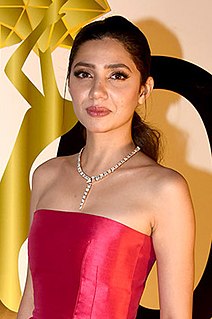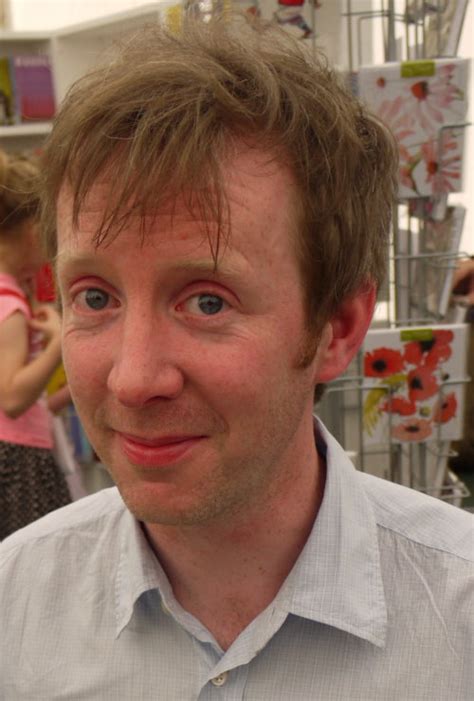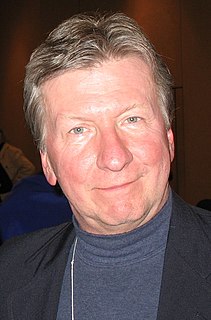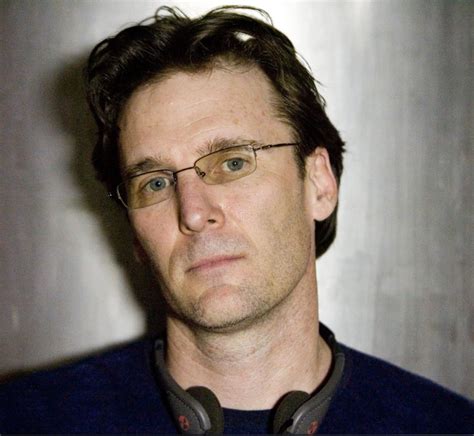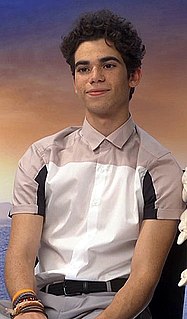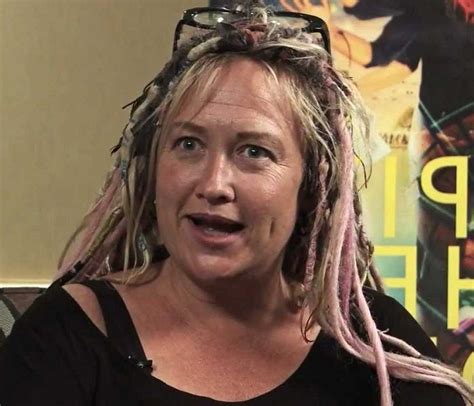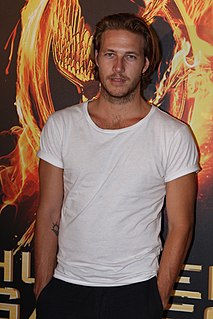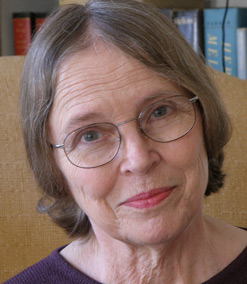Top 1200 Horror Stories Quotes & Sayings - Page 19
Explore popular Horror Stories quotes.
Last updated on December 19, 2024.
I think so much of the horror film is about our primal instincts, and our primal instincts are not just towards violence. It's also towards sex. I feel like horror movies, as much as they're about violence, they're also about sex. It's about our instincts, so in that regard, it's crucial that you honor both of those things.
Here is something you have to understand about stories: They point you in the right direction but they can't take you all the way there. Stories are crescent moons; they glimmer in the night sky, but they are most exquisite in their incomplete state. Because people crave the beauty of not-knowing, the excitement of suggestion, and the sweet tragedy of mystery.
Long before I became a feminist in any explicit way, I had turned from writing love stories about women in which women were losers, and adventure stories about men in which the men were winners, to writing adventure stories about a woman in which the woman won. It was one of the hardest things I ever did in my life.
Maybe instead of strings it's stories things are made of, an infinite number of tiny vibrating stories; once upon a time they all were part of one big giant superstory, except it got broken up into a jillion different pieces, that's why no story on its own makes any sense, and so what you have to do in a life is try and weave it back together, my story into your story, our stories into all the other people's we know, until you've got something that to God or whoever might look like a letter, or even a whole word.
I had an idea for a medical conspiracy thriller. Since it was non-horror, I didn't want the publishers and editors bringing a lot of baggage - my history as a genre writer in the SF and horror fields, for instance - to the novel when they read it. I wanted them to consider the book solely on its own merits. So I called myself Colin Andrews. I was tired of seeing my books at floor level. Not that Herman Wouk and Phyllis Whitney and William Wharton are bad company, but I wanted to be up at eye level for a change, where people with bad backs could get a chance to see my books.
Digression is my passion. I love telling the main stories, but in some ways, what I love most is using those narratives as a way of stringing together the interesting stories that people have kind of forgotten, and that are kind of surprising. The problem is, how do you pare stories away so that the book doesn't become a distracting jumble of material, and readers lose focus? In my experience, there's really only one way to do that. I pack it all in with the rough draft, then count on myself and my trusted readers to tell me what's good and what's not good.
Anyone can do shock value. Develop enough tension and cue the music right, then have something jump out: It's almost impossible not to jump in your seat. But that doesn't leave any effect on you when you leave the movie theater. To me, the best horror is psychological horror. The Exorcist, The Shining, The Omen, things that kind of stick with you long after you've seen them. It's what you don't see. It's letting the audience think a little bit, not spelling it out for them. Giving them credit for using their own imaginations rather than sticking in gags and tricks.
I continued for too long to do things that I already knew how to do, or to write stories that I was assigned instead of fighting for stories that I couldn't get, or doing ones that I thought were important on my own. The wasting of time is the thing I worry about the most. Because time is all there is.
People would always say horror movies always thrive during times of war; that's just what people would say. And I don't know if they thrived during World War II or Vietnam, but I thought that's kind of strange, why would that happen. I don't know if people rearrange their priorities; in good times, they freak out and start pointing the fingers at video games and TV, but when horrible things are happening in the world, a horror movie just seems a little ridiculous.



